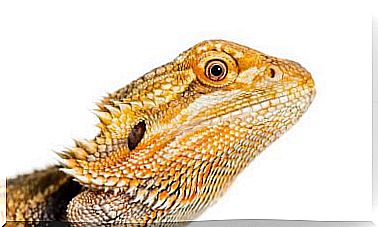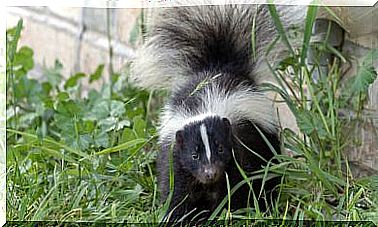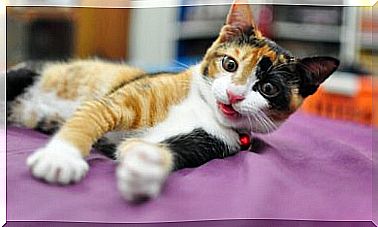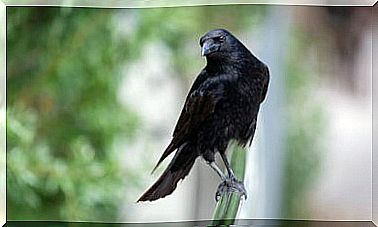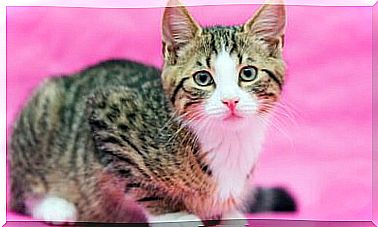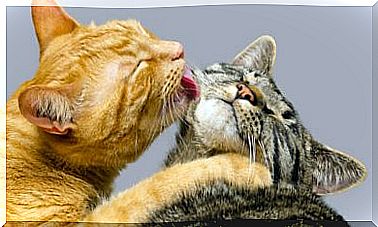Meet Two Puppies Hunting Superbugs In A Canadian Hospital
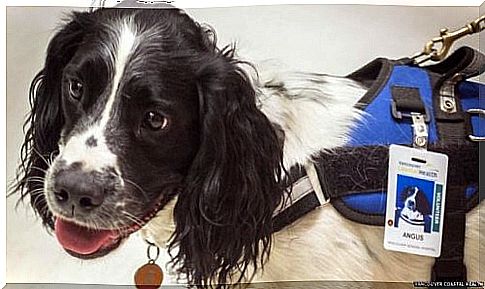
More and more pets help the sick in different parts of the world. But not only as therapeutic companions, but also as discoverers of diseases. In this article we tell you the story of two little dogs that hunt superbugs in a Canadian hospital.
Angus and Dodger, the bacteria hunters
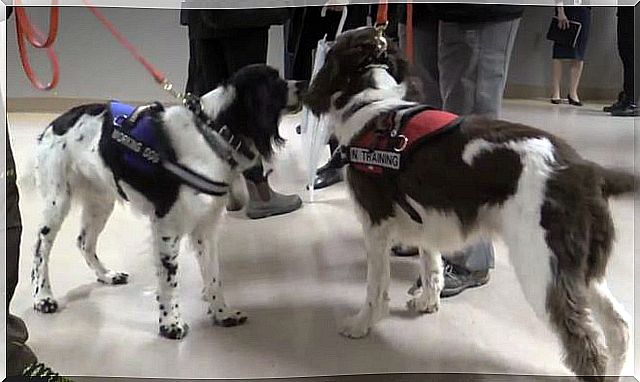
Perhaps you have seen animals in a hospital accompanying the sick (especially children with terminal pathologies). However, this story will surprise you. They are two Springer Spaniel dogs that take advantage of their virtues as hunting dogs to detect a “superbug” called Clostridium Difficile.
This microorganism attacks people with weakened immune systems (something very common in hospitals) and causes infectious diarrhea that can even be fatal. For months, both dogs were trained to identify the bacteria “by scent.”
Two-year-old Angus has been working at this hospital for a while where he has detected C. Difficile several times in different locations. One of the most curious was the pants of a patient who had arrived with a picture of diarrhea and was already being discharged.
Soon after, Dodger joined the team. Today both are in charge of detecting the superbug.
How can you identify these superbugs?
How did you know that the dog could identify this organism? Everything happened almost by chance. A young woman from Vancouver named Teresa Zurberg suffered an infection from this bacteria that left her hospitalized for five days and for which she lost 9 kg in a week.
Her husband, a patient in the institution, told her that he had read an article that reported on a Beagle breed dog that had been trained in the Netherlands to detect the same superbug that had affected it.
Teresa is a trainer of dogs to detect explosives and drugs and it occurred to her to do the same, but with C. Difficile. He presented the idea to the health authorities and was authorized for a pilot test … that both the first dog and the second passed without problems!
According to research, this bacterium is a very common problem in hospitals worldwide and becomes a “vicious circle”, since patients must stay in hospital for longer, increasing the risk of suffering more infections.
This superbug lives in fecal matter and can remain in the environment even after cleaning. It can be spread by healthcare workers through clothing or footwear. UV light is usually used to find it. However, the Angus and Dodger puppies do it much faster.
After 10 months of training, the dogs are ready to work to identify it. This project was expanded to other countries such as Chile and Finland. The creator has in mind to train dogs from all over the world to be referred to the most important hospitals.
The benefits of dogs in the hospital
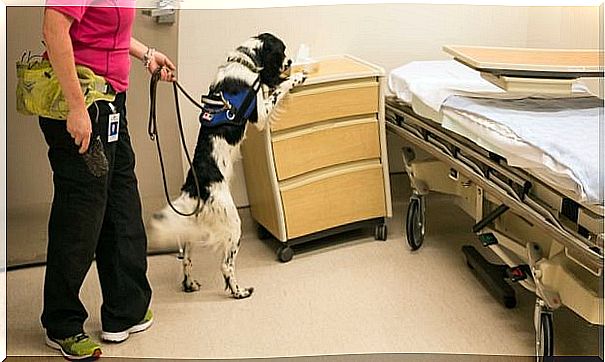
Beyond the previous history, thousands of canines work in clinics, hospitals and rehabilitation centers and are more than welcome. The first establishment that allowed a pet to enter a room was the Sant Joan de Déu Hospital, located in Esplugues de Llobregat, Barcelona.
Since then, other centers have copied the initiative with astonishing results. Only certain areas are banned: ICU, operating rooms and neonatal unit. The rest is free territory as long as they are accompanied by hospital personnel.
Dogs improve the well-being of hospitalized children, those suffering from terminal illnesses, or those undergoing highly invasive treatment. Dogs have a therapeutic purpose that ranges from distracting patients to relieving the stress of a painful intervention or procedure.
In some cases they allow to regain mobility after trauma surgery or to establish inseparable links in children with autism.
To be able to work in the hospital they must be accredited as “assistance”. They have been trained for this purpose and the risk of transmitting diseases to people is very low. The protocols ensure that the animal is healthy and of course clean. The most used breeds in medical centers are Labradors and Golden Retrievers due to their high degree of sociability.
Image source: ichef.bbci.co.uk
